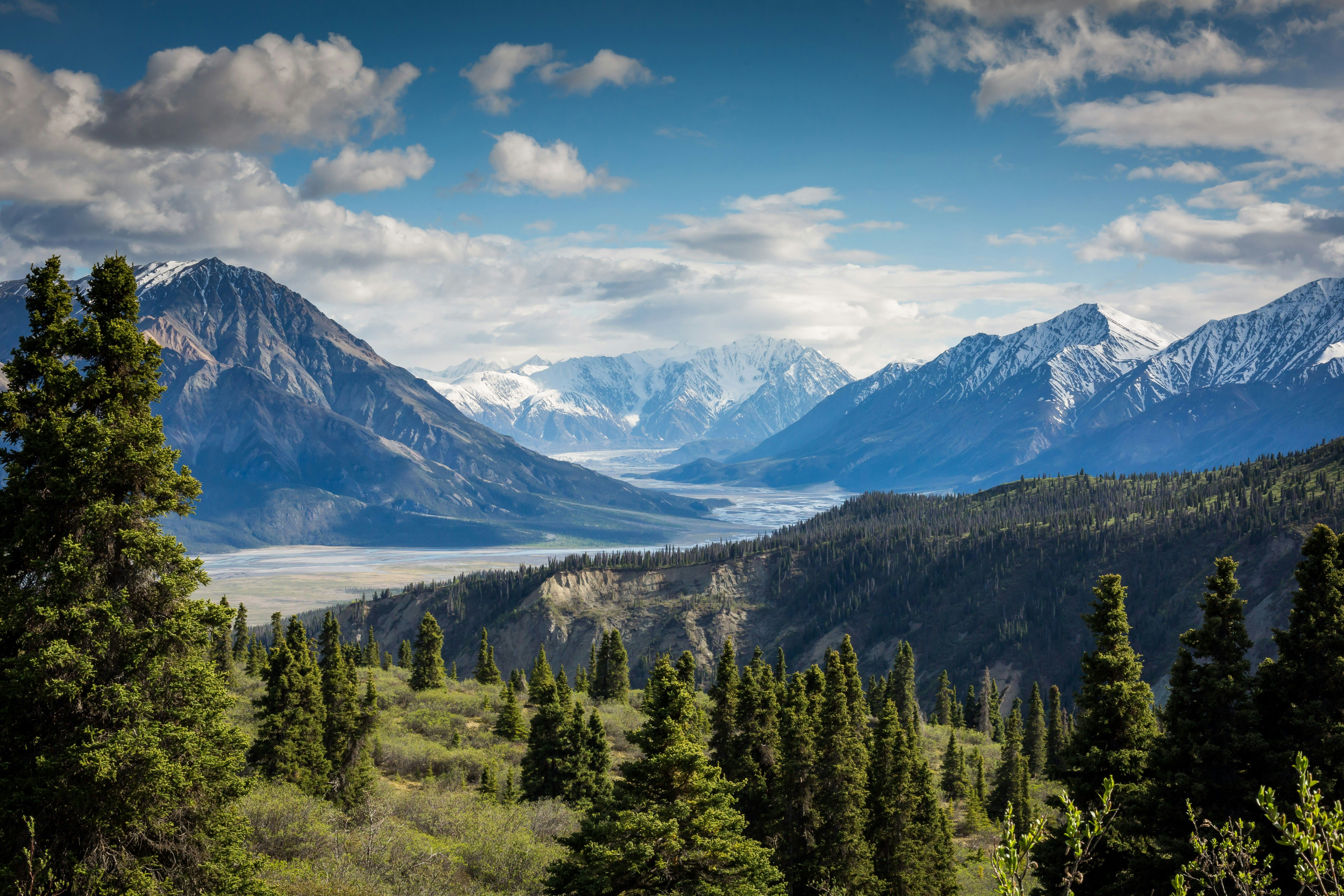Living Through The Frontlines: Life Amongst India-Pakistan Tensions
Fear massively mounts in Jammu, prompting residents to move en masse to shelters
In the heart of Jammu, where the International Border (IB) meets the troubled relationship between India and Pakistan, the citizens of this region have become accustomed to bearing the brunt of ongoing hostilities.
Amid the recent escalation, residents have been evacuating to shelters, fleeing home towns and villages as targets of cross-border shelling.
Ram Lal, a resident of Pargwal, aged 68, shares his thoughts from the Sahib Bandgi Ashram in Mishriwalla, where he now resides - along with almost 300 others, mostly women and children. Witnessing both the 1965 and 1971 Indo-Pak wars, Lal displays no fear for himself but expresses concerns for his family.
Neetu Devi from Hamirpur Kona village echoes Lal's resilience, stating, "We are soldiers without guns. We back our forces. However, leaving homes and putting up in camps has always been an inconvenience."
Recalling the tragical events preceding November 2021, Devi speaks of a brother lost to a shell, struck in the heart of their home.
Since May 7, people in border districts such as Kathua, Samba, Jammu, Rajouri, and Poonch, have been moving to government-provided shelters. Schools, temples, and community halls have been converted into shelters, and facilities for food, bedding, water, electricity, and transportation have been arranged by the administration.
Despite the hardships, a majority of the affected people have chosen to move in with their relatives instead of joining the camps. Last Thursday, border residents from Arnia rushed to camps for safety, and additional shelters were set up in government schools in Bishnah.
Locations like Samba have seen villagers evacuate from Bainglad, Suchetgarh, Kulian, Sadoh, Regal, Chachwal, Chillyari, Chechwal, Mangu Chak, and Khora, readjusting to life at temporary establishments such as ashrams, temples, community centers, and community halls.
In the midst of this difficult situation, Chief Minister Omar Abdullah visited a camp in Samba, expressing concern over this critical turn of events, stating, "I don't remember that Jammu was ever attacked this way after the 1971 war. Our forces neutralised all their projectiles, but the situation has not been brought by us. They (Pakistan) killed innocent civilians in Pahalgam, and we had to give an answer to them."
During such periods of instability, it is essential to comprehend the overall context of these hostilities. At present, the current situation between India and Pakistan remains volatile, with both parties accusing one another of launching military attacks. This is the deadliest conflict since the Kargil conflict in 1999, and territories outside the traditional war zones have now been drawn into this escalating conflict [1].
As tensions simmer, the resilient residents of the border areas continue to face numerous challenges, from dislocation to economic and psychological strain. Their enduring spirit epitomizes their unwavering commitment to forging ahead amid the chaos [1].
Locations:
- International Border
- Jammu
Topics:
- Cross-Border Violence
- Global Conflict
- The International Border, particularly in Jammu, has become a hotspot for ongoing hostilities between India and Pakistan.
- Victims of the cross-border shelling, civilians in the region have been forced to flee their homes and seek shelter in ashrams, temples, community halls, and schools.
- The ongoing war-and-conflicts between India and Pakistan have disrupted the lives of countless citizens, causing them inconvenience and upheaval.
- Politicians such as Chief Minister Omar Abdullah have visited shelters to express concern about the volatile situation along the international border.
- Despite the hardships, many affected individuals have opted to stay with their relatives instead of residing in government-provided shelters.
- The conflicts between India and Pakistan have expanded beyond traditional war zones, affecting civilians in various locations and leading to a significant increase in crime-and-justice reports in the general news.








